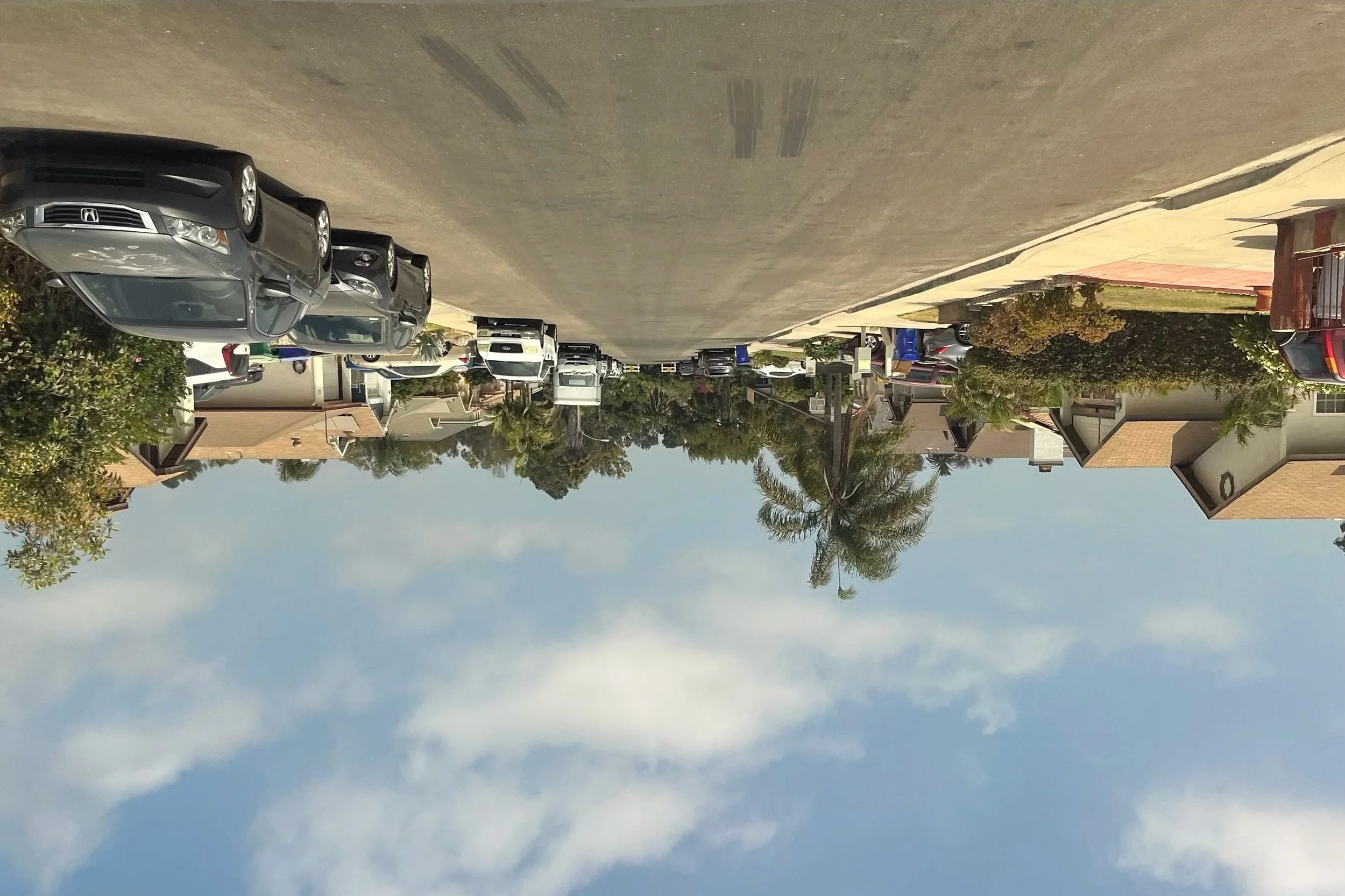
Los marcianos llegaron ya
y llegaron bailando ricacha
statement of practice
I was born in San Salvador, El Salvador, and migrated with my family to the United States at the commencement of El Salvador’s civil war. Growing up on the Mexico/US Border and being a part of the Central American diaspora have informed the nature of my work, which borrows from postlyric, docupoetic, and hybrid compositional practices. As have my experiences of living through the structural inequality, hate, and racial supremacy of Southern California’s political landscape during the late 1990s, including the various examples of xenophobic legislation, police abuse, and the militarization of the border. Of late, the persistence of inherited trauma and the work of retrieving events from nonlingual and prelingual memories have played a large role in how I interact with various aspects of archive and archival poetics, poetic emotion, and apostrophe. I use vector design software when composing as a way of mimicking the individuality of source texts, setting type meant to capture discreet registers, and bridging ocular and acoustic resemblances. The effect are texts that explore dimensions of fragmentation, but move towards a wholeness. Though critical of nationalistic practices I write towards the discovery of Nation. In these characteristics, of retrieving and/or aspiring towards language to clarify what the immediacy of experience overwhelms, I often feel an affinity with works of the 20th- and 21st-Centuries that similarly explore repertoires of traumatic recovery and historical/collective trauma towards a “core language” binding Nation and individual, history and memory, love and disavowal. And I write in the shadow of admiration for other contemporary writers, musicians, artists, performers, and friends engaged in similar projects. Critically, it has been the recent interventions of scholars exploring colonial history’s present resurgence in governance-as-domination that have opened my attention to the ongoing struggle to illuminate patterns of “silences” and “absences” within simultaneously personal or familial, and public and institutional archives. Just as critical writing on pessimism, postnationalism, and “Ontological Terror” provide me with an illustration of language in its capacity to extend into the very particular limits that test the colonial engineering undergirding contemporary forms of knowing.
Not restricted to strictly or academically curated archival spaces, however, I search all forms of material information, emotional geographies, and recordable affective repertoires. While there might have been an era in literature where ‘the elusive speaker’ created an attractive distance that might lure the reader into a possibility of meanings, verifiable or not, particularly in writing by persons of color and immigrants unable or unwilling to put words to those lived experiences too extreme for words to describe, my writing is about excess. An excess of information underlying the wordless, speechless experiences of trauma––and the political is for many an ongoing repetition of the traumatic separation of sentience from the environmental choices networked in the manner of colonialism. My project is of knowing, and in knowing––or returning sentience to the decolonialized––engaging with the ongoing care work of the self in the era of its sublimation into the expansive, polluted power of supremacist monopoly capitalism.
Where the self begins and ends. That is the responsibility of nurturing one’s life towards an other. Or love. Though my work often introduces emotions such as pessimism and reaches for nihilist conclusions, it is important to consider what or towards what exactly these emotional dispositions are directed: that aforementioned power. On the other side, in the aftermath of complete expenditure, lives what I sense is a fundamentally important experience of living, which is love in the zenith of work/-ing. Or solidarity. That which is often noted as “difficulty” in my work is a reminder of the ongoing nature and imperfect historical conditions for this work. The reward often goes unnamed, but it is felt.
Now as a parent, as a partner, as a teacher, a voter, a neighbor, it has become ever more imperative for me to find new ways of clarifying where the self begins and ends, and tending to the clarity of one’s love for an other.